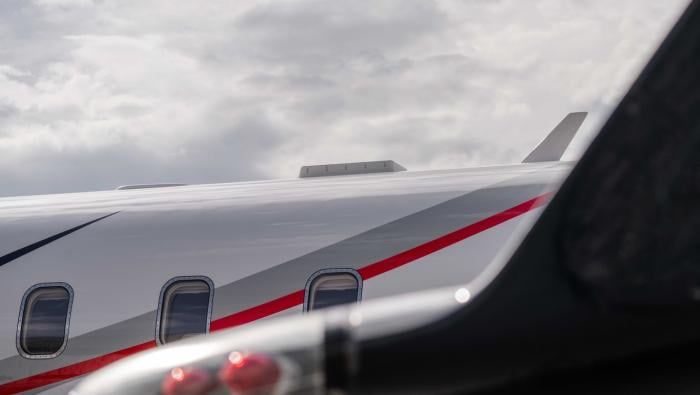Malaysia Airlines Berhad (MAB) has scaled down its engineering division from a major third-party maintenance repair and overhaul service provider to a purely self-supporting unit. MAB Engineering (MABE)—previously known as MAS Aerospace Engineering—became a world-renowned player in the MRO market, serving more than 100 airline customers at the peak of its operations with several certifications, including from the Federal Aviation Administration (FAA) and European Aviation Safety Agency (EASA).
According to MAB CEO Izham Ismail, the reason for the transformation centered on stabilizing the company's core business as part of a wider restructuring exercise. The move resulted in a shrinking of MAB’s engineering workforce in tandem with the airline’s fleet and operations.
“There is tremendous potential in being an MRO service provider, but we had to fix the engineering and make it more efficient to support the carrier moving forward,” Izham said.
Built over four decades from scratch, when the then-Malaysia Airlines System started operations in October 1972, MAB grew to encompass six hangars and carry a huge inventory of parts.
Four hangars, including one dedicated for stripping and painting at the Sultan Abdul Aziz Shah Airport, located 16 miles outside Kuala Lumpur, have ceased operations. MAB has moved its maintenance operations to the other two hangars located at the Kuala Lumpur International Airport.
Izham said the ability of MABE to support newer technology aircraft would require heavy investment in tooling, equipment, capabilities, and resource training Malaysia Airlines was not prepared to commit.
“This would hinder the turning around of our core business,” he pointed out.
MABE now holds FAA and EASA certifications to support the ATR 72, Boeing 737NG, Airbus A330, and Airbus A380. It stands as one of the few A380 airline operators capable of conducting heavy maintenance checks on the superjumbo. It has completed heavy checks on two of its fleet of six A380s.
Izham acknowledged that although MABE would take any opportunity to provide third-party maintenance when it carries available capacity, the immediate focus centers on building its current capabilities given existing tooling and equipment. Still, Izham has not given up hope that MABE will penetrate the third-party MRO market again.
“It will, however, be only when we are ready,” Izham noted.
MAB operates a fleet of six Airbus A350s, 21 A330-200/300s, and 23 Boeing 737-800s.







